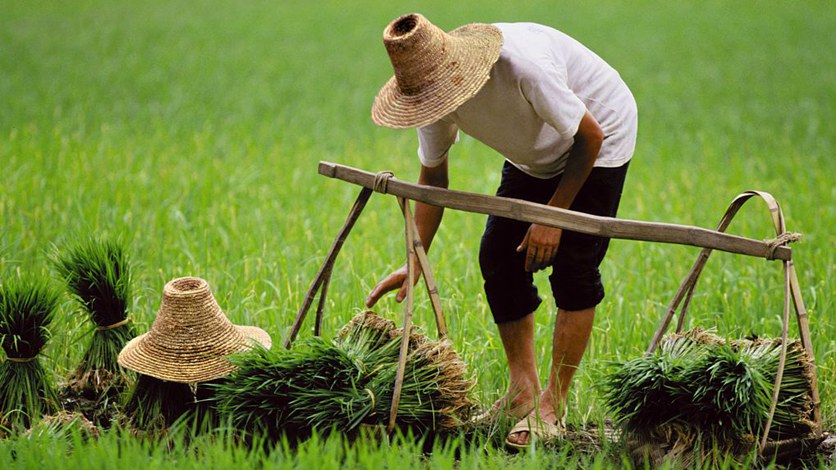
Biz Analysis
17:39, 20-Feb-2019
Officials reiterate rural development priorities
Updated
20:51, 20-Feb-2019
CGTN Global Business
01:05

This year has been labeled key in securing a "decisive victory" in achieving China's first centenary goal as the country continues to prioritize agriculture and rural development, according to the "No.1 central document" released Tuesday.
The document conducted eight key aspects to be tackled this year, including poverty alleviation and deeper rural reforms. “We must focus on those tasks and ensure quality work in poverty alleviation,” said Han Jun, vice minister of agriculture and rural affairs.
However, he acknowledged that there are several weak areas in agricultural and rural work even though 2020 is set to be the deadline for the elimination of poverty.
Therefore, Han stressed the significance of adhering to the current agreed standard. “That is, no lack of food, clothing, compulsory education, medical care and housing for the rural population.”
The document also indicated that China will formulate and improve agriculture support and protection policies to protect farmers' interests and support agricultural development.
00:18

“Above all, we need to ensure farmers' rights and interests,” said Song Hongyuan, director of research at the Center for Rural Economy. To achieve that promise, the officer highlighted rural land reform, which was initiated in 2014.
He said that China will continue to promote the program and efficiently exploit rural land. “The reform has been initiated for four years. It will be expanded after the pilot programs. So we will continue to deepen the pilot programs. The next step is to expand the reform stably.”
In the meantime, Zhang Hongyu, associate dean of the China Institution for Rural Studies at Tsinghua University, said he appreciated the importance of increasing farmers' income. That point was also made by Ye Xingqing, director of rural economy at the Development Research Center of the State Council.
“They could share a sense of gain through our nation's rural vitalization strategy, and it could become more meaningful concerning the building of a moderately prosperous society in all respects,” Ye commented.
Zhang's advice was to “tilt the allocation of resources from cities to the countryside, and make it convenient for rural areas in terms of land systems, property rights, and agriculture management.”

SITEMAP
Copyright © 2018 CGTN. Beijing ICP prepared NO.16065310-3
Copyright © 2018 CGTN. Beijing ICP prepared NO.16065310-3